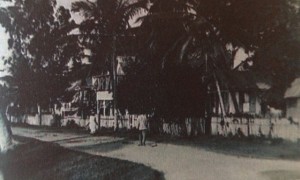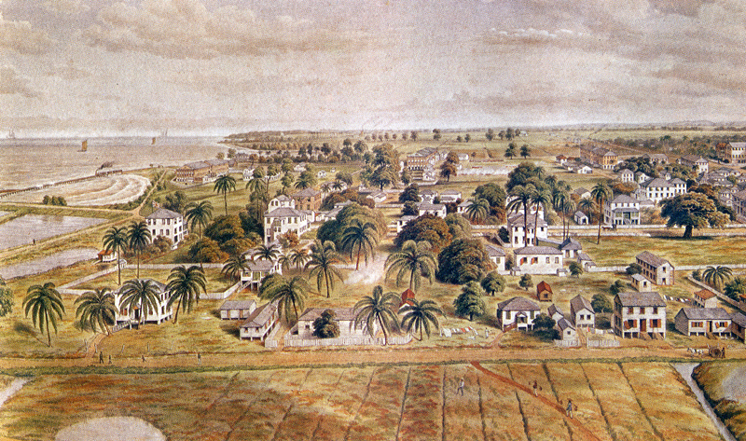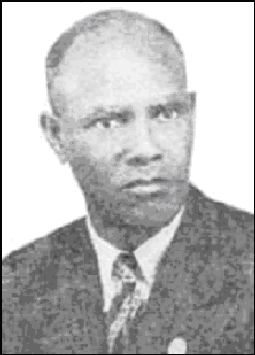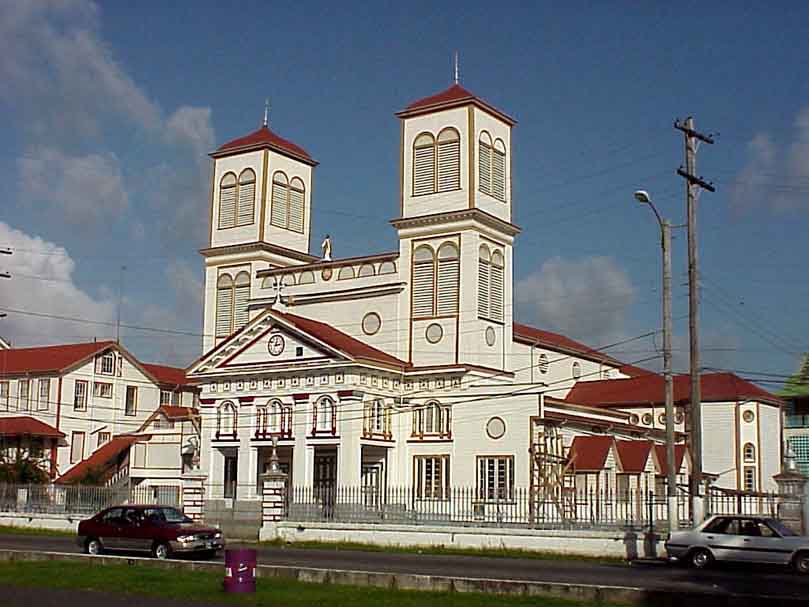By C. P. De Freitas
C. P. De Freitas was a member of the British Commission who, along with a Brazilian Commission, was authorised to survey and demarcate the British Guiana and Brazil boundary.
De Freitas and group journeyed up the Essequibo River, reaching places that included the Potaro/Kaieteur and Roraima regions, Ireng River and the Mazaruni region, while meeting local indigenous communities, establishing field stations and surveying areas along the way.
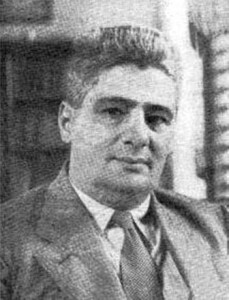
The Oct 1943 St Stanislaus College magazine published his writings about the expedition. Here is an excerpt from one of their more perilous experiences some two weeks into the expedition, as the group went on to become pioneers in mapping the-then unknown-to-outsiders regions of Guyana’s interior.
The Passage of Death. Men sent to save our bodies from vultures, supply us with much needed food
Next morning the water appeared to be getting higher instead of abating so I decided that I would launch the canoe. The two Indians I had engaged from Mataruka had, after hearing my plans three days before, left me saying that the place I was proposing to go through with the boat was the “Passage of Death” and that I, would be dead in a short time. Their desertion, though it made me angry at the time, eventually proved a good thing as will be seen later.
Out of my crew of five who all volunteered to take the boat through, I chose three and kept the other two to accompany me on the survey of the river going from boulder to boulder. The canoe took the water well and entered the passage, but as it took the drop where the river narrowed down between two rocks, instead of shooting clear over, it buried its nose and went down vertically, the drop being too steep. It then floated up and shot over the other fall breaking itself in two on the rocks below. Luckily the three men, instead of being pulled over the other fall as the canoe was, were caught in the back water and were able to swim to me.
It was a wet and despondent party who went in to camp that afternoon… We were left with one small canoe, one pound of farine and a few biscuits for six men, and yet another half mile of cataracts to pass through.
This despondency, however, soon broke as around six o’clock we heard shouts and on looking up we saw the faces of two men peering over the top of the hills at us. We directed them how to get down to us and found, on their arrival, that they were two of the permanent hands belonging to the British Commission.
